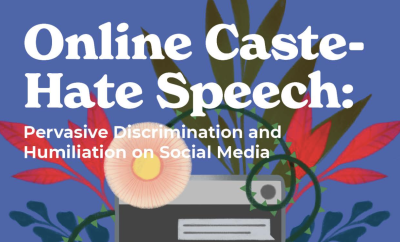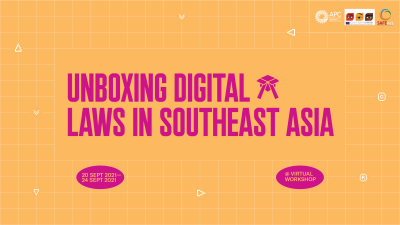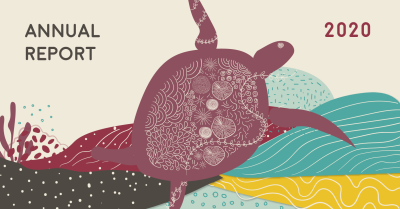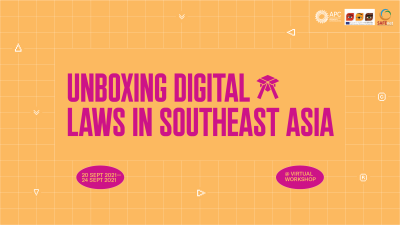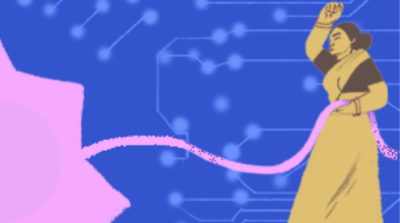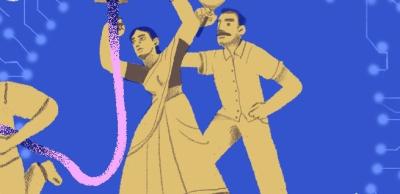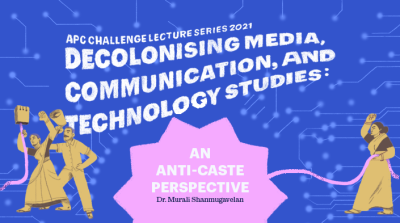
The European Commission, through the European Instrument for Democracy and Human Rights (EIDHR), provides assistance to the development and consolidation of democracy, the rule of law and the respect for all human rights and fundamental freedoms.
Work supported:
- Challenging hate narratives and violations of freedom of religion and expression online in Asia (2018-2021)
- Networking for freedom online and offline: Protecting freedom of information, expression and association on the internet in India, Malaysia and Pakistan (2014-2017)
36 results



